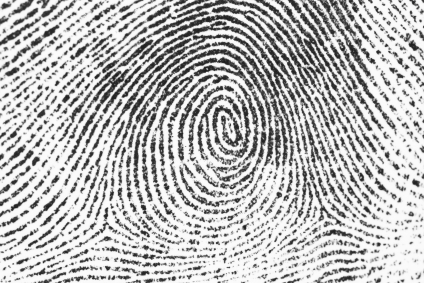More than five thousand criminal cases collapsed last year because crucial evidence has been lost by the police, according to a BBC investigation. A retired police officer from a force in the north of England told the BBC Radio 4’s File on Four programme about the failure of forces to preserve key evidence. ‘Exhibits are strewn all over the place, just left,’ he told the presenter Michael Cowan. ‘It is endemic.’
According to data obtained from the Crown Prosecution Service for the program which broadcast earlier this week, 5,806 cases collapsed last year because of evidence going astray including items lost by the police. The officer identified as ‘Ryan’ had photographs of a desk ‘littered with evidence bags, CDs and DVDs piled high’ without being labelled and items of clothing ‘strewn all over the floor’.
The programme argued that the growing problem was fuelled by the huge growth of digital evidence, budget cuts as well as an increasing cultural problem towards the preservation of evidence. ‘You can see a marked deterioration in evidence-gathering, the seizure of exhibits and the securing of exhibits,’ Ryan said. ‘It’s a blasé attitude. In the 1980s when I joined everything had to be done right but as time marched on standards dropped. A lot of exhibits were going missing.’
The programme featured two cases where it was claimed vital evidence had been lost: ‘Maya’ (not her real name) who alleged that she was raped and whose original police interview was lost; and Andy Malkinson who claims to have been wrongly convicted of rape and whose case has featured on the Justice Gap.
Dr Carole McCartney, professor of law at Northumbria University spoke about research she had done with the investigative charity Inside Justice into how evidence goes missing. ‘Police officers very often talk about evidence stores being full up, creaking, and storing evidence in their desks and lockers,’ she said. ‘Very often there is confusion. There is no way officers could attest to a chain of continuity with exhibits being secure at all time. Contamination is a particular issue.’
Almost three-quarters of officers interviewed worked on cases where exhibits had been lost. McCartney added: ‘Over half said that that they did not believe it had an impact on a case. The problem is how do we interrogate what they mean by that.’ She reported that ‘over the course of a couple of years, we are talking of up to 12,000 criminal cases including homicides, rapes and sexual assaults, collapsing and being attributed to problems with evidence either not being produced or not being disclosed’.
Budget cuts were identified as a problem with officers working on 20 investigations at one time. ‘Exhibits are coming in and officers are having to maintain the security and continuity of all those exhibits when there aren’t systems in place,’ McCartney said. ‘You could have a situation where chaos reigns.’
In Maya’s case, the force (not identified) told the programme that it processed 600,000 pieces of evidence every year but claimed that ‘approximately 0.04%’ of items went missing.







